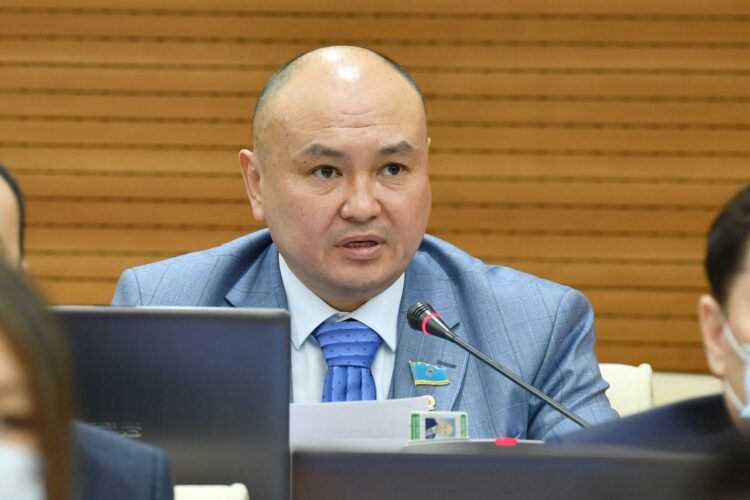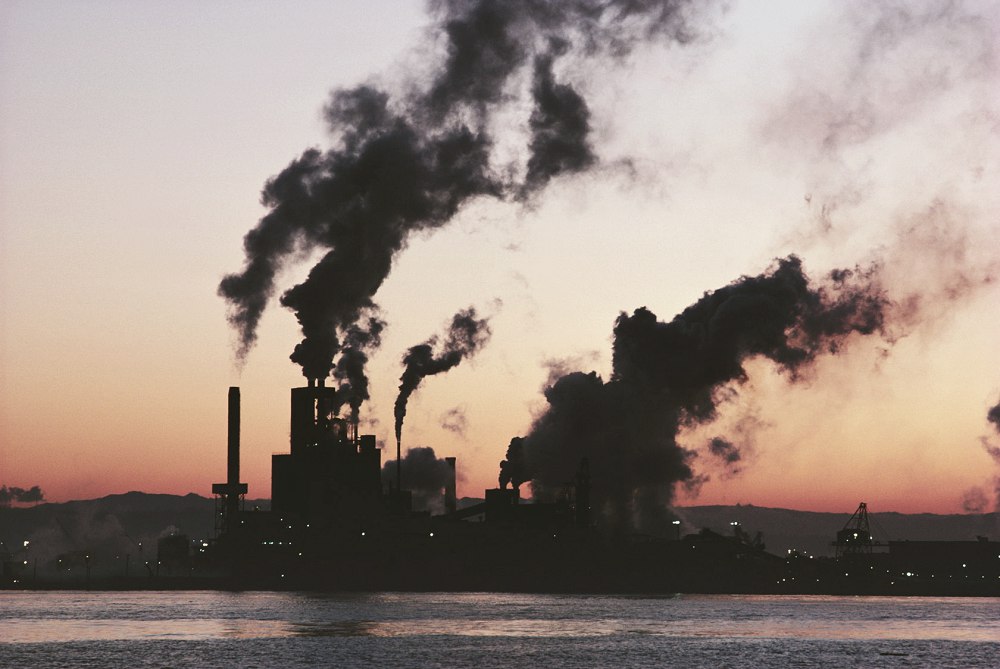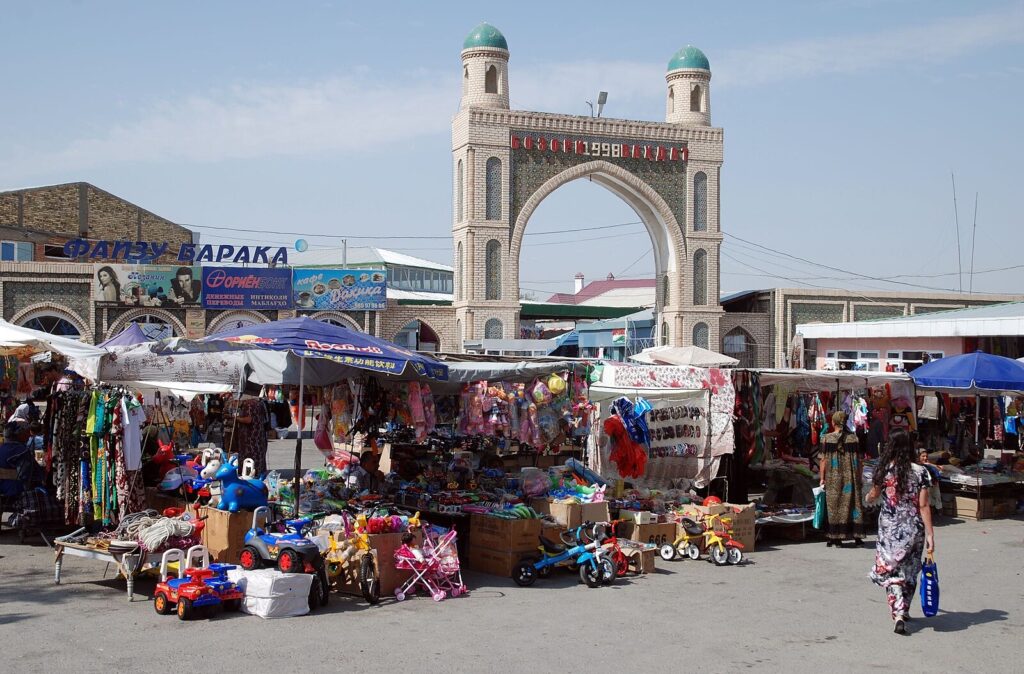A part of northern Tajikistan where a series of mysterious killings has happened in the last few months lies in the Ferghana Valley, a fertile, ethnically mixed region that is shared with neighboring Uzbekistan and Kyrgyzstan and has been prone to border tensions and periodic concerns over religious extremism.
Police investigators and journalists have gathered accounts from terrified residents of a man or men dressed in black and trying to break into homes at night. So far, there are no suggestions that the 13 murders reported in and around the Ferghana town of Konibodom since late March are connected to wider social or political fault lines in one of Central Asia’s poorest countries.
Still, the killings evoke the volatile history of an isolated area of Tajikistan, separated from the rest of the country by mountains and the sliver-like shape of the northern part of the country, jammed between Uzbekistan and Kyrgyzstan.
The biggest portion of the Ferghana Valley lies to the east in Uzbekistan; Tajikistan received its section of it a century ago when rulers in Moscow were divvying up territory among the new Soviet republics. People used to move with relative ease around the valley but the borders hardened over the years, especially after independence from the Soviet Union in 1991. There were numerous border clashes between Tajikistan and Kyrgyzstan in the Ferghana Valley in recent years, though the two sides are now negotiating.
Tajikistan’s part of the Ferghana Valley is in the country’s Sughd region and the main city is Khujand, a transit point on the ancient “Silk Road” trading network that was conquered by Alexander the Great. Konibodom is an agricultural center, known for almonds, cotton and other products – as well as, according to authorities, a rise in the recruitment of young people into extremist groups.
“It was noted that terrorist and extremist crimes have increased by 17.5% in the Sughd region, and the majority of such undesirable incidents, including the involvement of young people in extremist parties and movements, have been registered in the cities of Konibodom and Isfara compared to other cities and districts of the country,” the office of Tajik Prosecutor-General Yusuf Rahmon said after he visited Konibodom in April 2023.
Concerns that Tajikistan is vulnerable to terrorist recruiters are longstanding. They appear to have been validated by the alleged involvement of several Tajik citizens in a March 22 attack on a Moscow venue that killed about 145 people. The Islamic State group claimed responsibility for the mass killings in Russia.
This month, U.S. media reported the arrests in New York, Philadelphia and Los Angeles of eight Tajik nationals with possible terror links.
The Tajik government has downplayed questions about whether some of its severe internal restrictions, including on expressions of Islamic piethy, might be contributing to radicalization.
In 2021, Tajik President Emomali Rahmon made the trip to Konibodom to preside over 21st anniversary commemorations of the accord that ended Tajikistan’s civil war after the Soviet disintegration. He denounced political Islam and recalled the cost of the conflict, according to Asia-Plus, a media outlet.
“More than 150,000 people were killed in that war that lasted for five years and more than one million people became refugees,” Rahmon said. “Dozens of thousands of residential buildings and many hospitals, schools and other social facilities were destroyed.”








